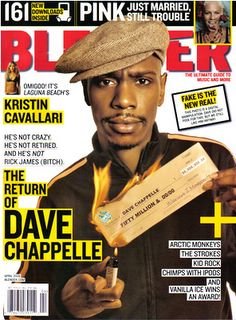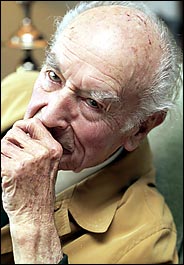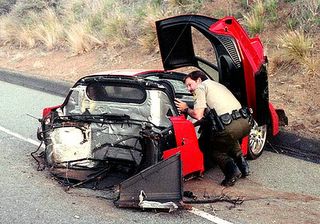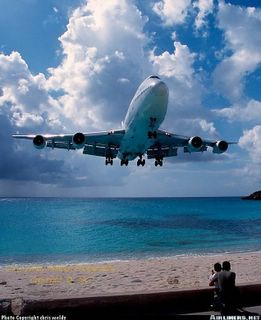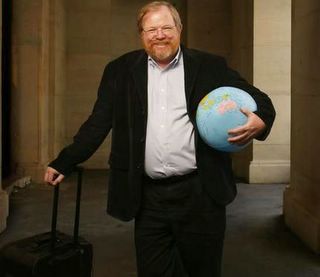 Luggage Meltdown in Philadelphia
Luggage Meltdown in PhiladelphiaThe Times of London recently reviewed a handful of travel guidebook publishers in an attempt to sort out the strengths and weaknesses of each line. Not bad, but there are several obvious problems with their methodology. First, since it's a British newspaper and primarily geared toward a British readership, British guidebook publishers dominate the article. And yet most American and Australian guidebook publishers have distribution in Great Britain, so you'd expect them to at least include a few American publishers.
The reviews themselves are posted by a variety of people, who exact backgrounds aren't really revealed. Perhaps readers in London know who these people are, but I didn't have a clue. A larger problem is that everyone has a different set of criteria to judge a book, so a dozen people review a dozen books with no common thread. It's not unlike the problem of some large guidebook being written by 12 people, with 12 different personalities, and 12 different opinions about most everything. There's no uniform opinion, and you really can't compare different chapters of the book.
The Times is British and I would imagine enjoys being polite, but there isn't much criticism in any of these reviews. A bit more honesty would have made this piece far more useful to the average reader contemplating purchasing a guidebook.
It would have been much more fun if each publisher submitted the same book, or if not, a book similar to the standard. OK! Everyone send in your guide to Paris (or New York or Bali, etc.). Then have a single reviewer dig into the books and make a side-by-side comparison, and the strengths and weaknesses of each publisher would have been much more apparent.
Still, it's worth a read.
A guidebook can make or break your holiday — so it’s crucial you take the right one. The Sunday Times experts sort the bona fide from the blather.
About 4,000 travel books are published every year, and the majority are guides of one sort or another. The choice is bewildering, but what most of us want from a guidebook is simple. We’d like it to be relevant to our needs and tastes; and we’d like it to be reliable. So how do you know which guide is for you? And how do you sort the expert travelling companion from the blathering impostor?
We’ve done it for you. We asked six leading publishers to nominate the guide they’re most proud of: a book that typifies their approach. Then we asked our own experts - each with a wealth of knowledge about the relevant destination - to check them out.
The Times Link




